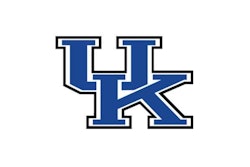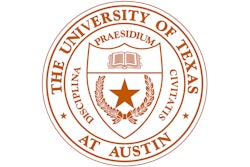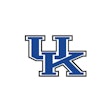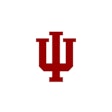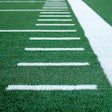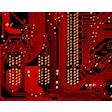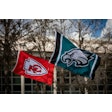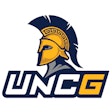Copyright 2017 The Salt Lake Tribune
All Rights Reserved
The Salt Lake Tribune
Except when a big star doesn't show up or gets injured, it's rare that NFL minicamps make many headlines.
That could change this month.
NFL teams will be trying out a new helmet, the VICIS Zero 1, that the league and the players' union hope will be more effective in trying to limit head trauma. The new product topped independent testing of 33 helmets conducted in Canada by the league and NFLPA. The results, which included testing the impact at three velocities and in eight locations on each helmet, were sent to each team and to the players.
The Zero 1 is the first to account for rotational as well as linear impact. Scientific studies have indicated that rotational impact has more correlation with concussions.
"All helmets that are certified are available for players to wear, we just take another step with which ones tested best in the lab," said Jeff Miller, the NFL's executive vice president of health and safety policies. "We make it clear in our communications, this is just lab testing and how that translates to on the field is an open issue."
The NFL and union have released a poster highlighting results of the testing, which can't reflect the comfort element. That's entirely up to each player, and the Zero 1 already hit a snag last year when two universities, Oregon and Washington, sent them back because they weren't comfortable.
"Equipment managers are great in making it clear this is one element of which helmet they should choose," Miller adds of the testing, conducted in January and March. "Fit matters and comfort matters, and other issues that are relevant to a player."
The Zero 1 has been 31/2 years in the making. It has two layers, and deforms (basically, compresses) and reforms in the first layer. The second layer absorbs much of the force.
Even before the players strap on the Zero 1, there are skeptics. They include Chris Nowinski, founder and CEO of the Concussion Legacy Foundation, who worries about a potential trickle-down effect. He strongly supports not having kids play football until they reach high school, and fears messaging to parents that it's a good idea to allow their youngsters to play the sport because of an improved helmet.
"I'm well aware of marketing messages promoting the values of the game without talking about the risk of the game," Nowinski said. "The overall effect can be negative, selling these to children who shouldn't be playing.
"Yes, it is possible to improve helmets, but is it possible to improve them enough to make a big dent in CTE or concussion risk? At this point I haven't seen those revolutionary changes."
The NFL and players' union are hopeful the Zero 1 can lead to such changes. The helmet retails for a pricey $1,500 and is only available to NFL and college teams. For now, the focus is on minicamps, where contact doesn't compare to real games, but offers a valid starting point in evaluation of the helmet.
Read More of Today's AB Headlines
Subscribe to Our Daily E-Newsletter
Terms and Conditions Privacy Policy

















